Mammoth Safari’s – “first time safari” Top 10 tips….
text by Gareth Hardres-Williams
cover image ©Gavin Lautenbach
27th February 2018
A safari to Africa is without doubt one of those bucket list travel items that simply must be ticked off. Despite safaris being so popular, they remain a rather daunting task to plan for. Africa is vast and her safari destinations are numerous and knowing where to go and which destination to chose is not an overly straightforward process.
We at Mammoth Safaris have more than 50 years of collective safari planning experience and are very well placed to ensure that your first safari is most certainly not your last.
Here is a list of 10 tips that will help make the planning and safari that much easier…
1. STAY FOCUSSED
Africa is a vast continent with a great deal to see and do – don’t get distracted on your first trip here – focus your attention and your spend on the safari. Of course you can fit in some city-based sight-seeing should you wish to, after all you have come a long way to Africa, but just don’t get distracted by the “add-ons”. Remember – It’s all about the safari!
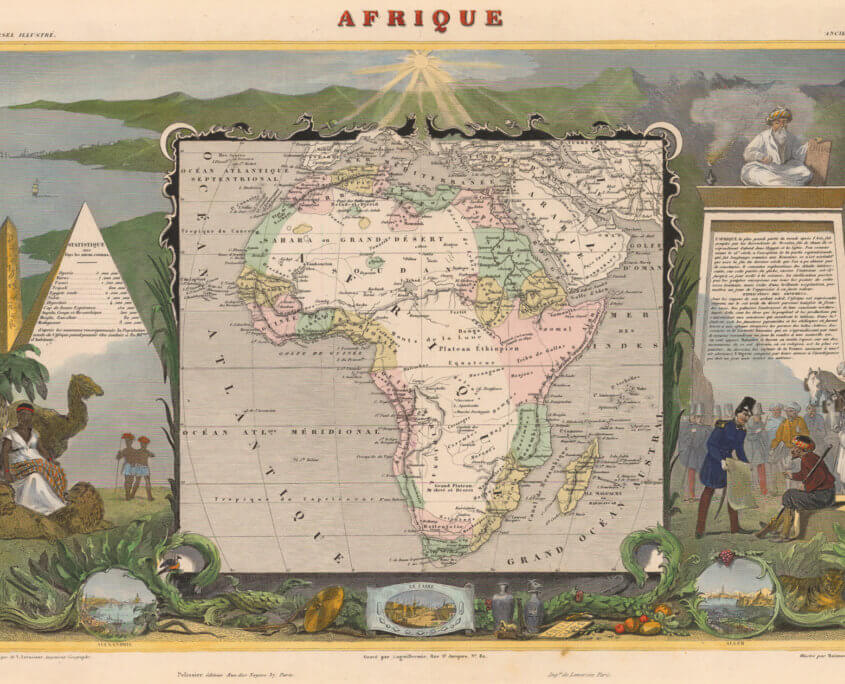
Africa – the Dark Continent is an enormous place, filled with so many options over and above the safari – don’t get lulled into thinking you can do it all in one trip. Rather prepare yourself for your first visit here being the first of many…
Image credit: Princeton University
2. DEFINE YOUR GOALS
Once you have determined to focus on the safari, now is the time to focus on what you expect from the safari. Here you should define your goals – what would you like to see and experience on your first safari? Be clear on this as it will help manage your expectations and will further refine your planning.
Defined goal example 1. To experience a luxury, vehicle-based Big 5 safari outside of a malaria area.
Define goal example 2. To experience the migration in the Serengeti (although be sure to get a good understanding of what that means)
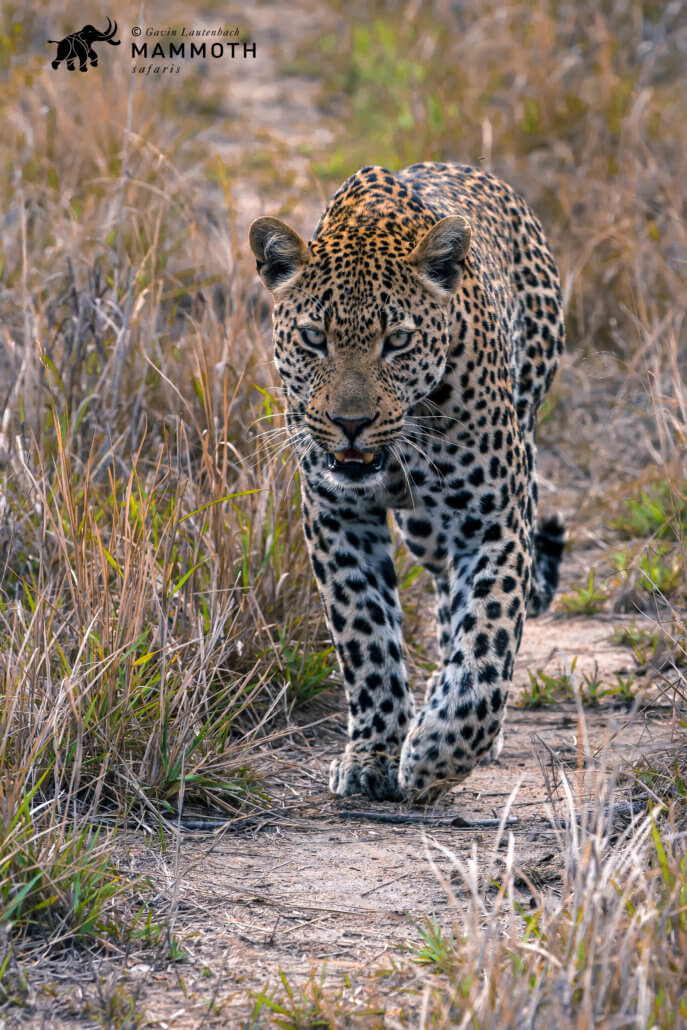
Much like this leopard is singularly focussed on a goal, you need to do the same. If it is your intention to see a leopard, then make that the focus and plan everything around that. Something as simple as that goal will refine and define your safari choices.
3. DON’T SKIMP ON THE SAFARI
As determined by the first two points – we are going on a safari, not a trip to Africa to maybe see some animals whilst we are there. This is now your focus and as such should be the focus of your spend. Be sure to use the services of industry players you can trust and speak those who have been on safari before for a recommendation. Understand that you may well pay more for that safari. If it means delaying the gratification for a few years until you have saved enough to afford access to the best, then we highly recommend that you do that.
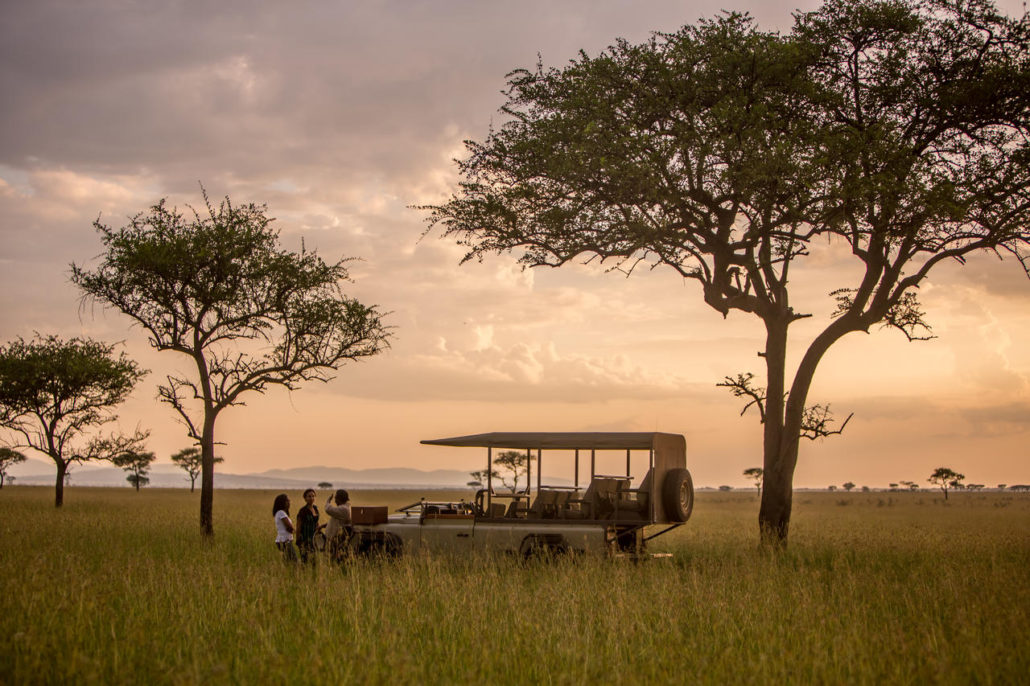
Spending that little bit more (or in some cases a whole lot more) wisely and with great foresight can make all the difference. This is not to say that all safaris have to fit into the high-end luxury category, but investing in privacy, exclusivity and sensitivity will be money very well spent.
4. USE A PROFESSIONAL SAFARI PLANNER
With the advent of the internet and magic of Google – so much more information and self service options are available to us these days. One really can do a great deal of the safari planning and booking oneself using the information available online. However, Africa is very nuanced destination that requires a detailed understanding to get right. Mammoth Safaris has a team of safari experts ready to guide you towards the perfect first safari. It really is such a big ticket item and we understand that better than most. Let us make your safari dreams come true.
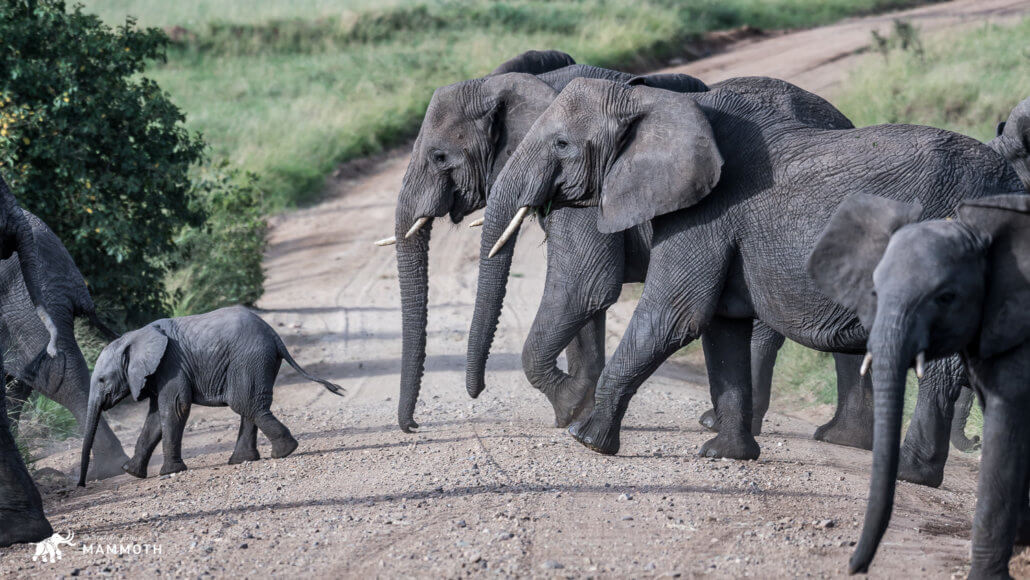
Elephant have a stored resource of knowledge of their environment, held by the matriarch and her older companions – it is this resource that guides the herd to water in times of drought and ensures the general well-being of the herd. So it is with the team at Mammoth Safaris- our matriarch, flanked by some wily old bulls, holds the resource to guide you to a safari oasis.
5. CAMERA TALK
For a first time safari experience we really suggest not taking yourself too seriously in the photography department. Your phone camera will take some amazing snaps – it is worth getting a little clip on zoom lens for the phone camera. We do recommend having another dedicated camera too, it just adds a diversity to your photography options and can allow you to leave your phone alone for a while – an important part of being on holiday. It is only worth bringing a serious camera if you are not going to spend the entire safari trying to manipulate your f-stop and fiddle with the aperture to the point where you are staring at the back of the camera whilst the leopard climbs the tree. Most importantly, if you bring nothing else – a decent pair of binoculars is essential!
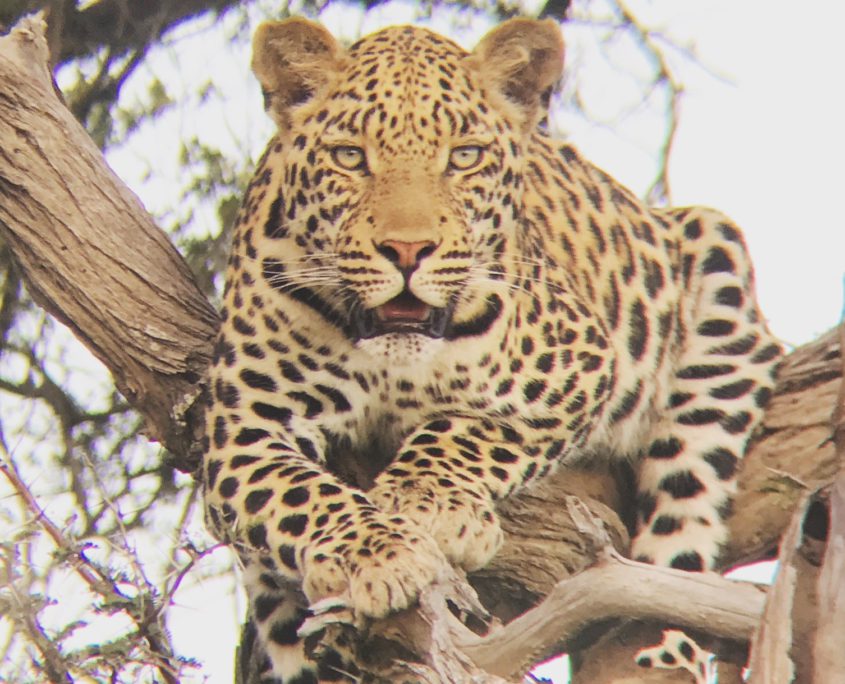
This photograph was taken with an iPhone 6 and a pair of binoculars as a zoom. Whilst it would never win a photographic competition, it certainly provides for a wonderful keepsake and makes the point that you don’t need to spend extra thousands on photographic equipment. We can’t stress enough, if photography is not your thing, buy a post card and capture the happenings with your eyes. If you are a photographer – then come prepared – you are going to have a lot of fun.
6. TRAVEL LIGHT
A trip to Africa can be a rather daunting affair and one could be forgiven for thinking that everything including the kitchen sink is required to make the trip as comfortable as possible. The truth of the matter is that Africa is incredibly well suited to tourism in general and one really can get away with packing just the essentials. Pretty much anything (other than your passport) can very quickly and often inexpensively be replaced or added either at the safari camps or airports. As a general rule though, pack muted colours of clothing and include something warm. Hats often make for fun souvenirs, so perhaps even leave yours at home and pick one up when first you arrive. Pop everything into a lightweight, lockable duffel bag and put your valuables in a small hard-cased camera bag that you can carry on board the plane with you.
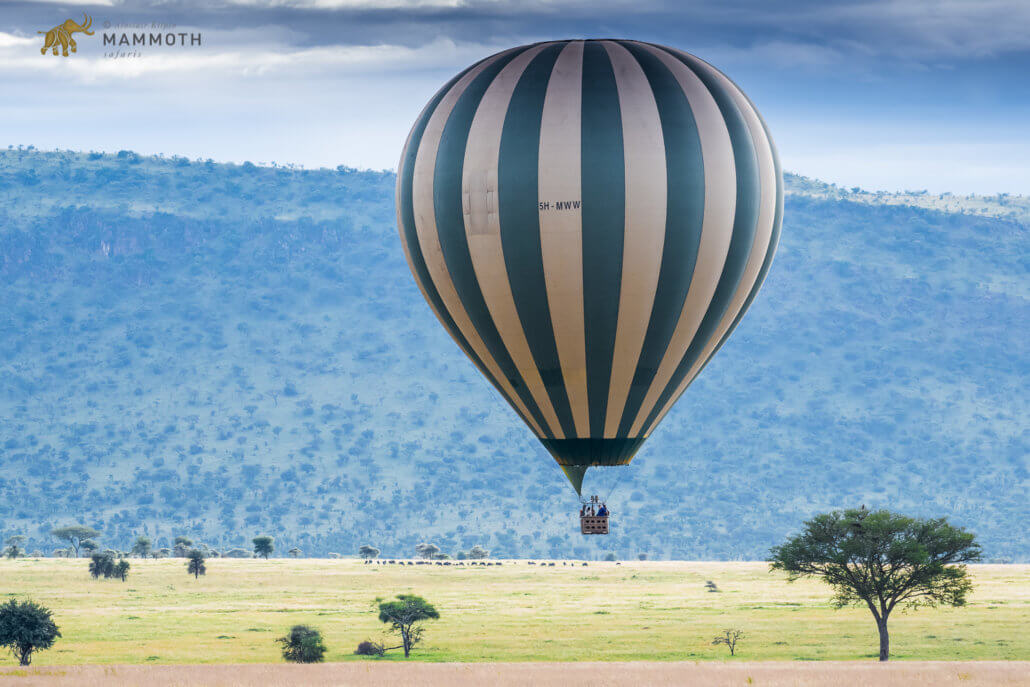
Much of the joy of safari is an escape from the “everyday”, so help that escape by not bringing your kitchen sink with you. Just be sure to have the essentials and if you desperately need something, it can always be picked up in Africa (along with a cool logo and a “been there” stamp of approval). Be light – float like a balloon…
7. ASK THE STUPID QUESTIONS
To the educated safari-goer there are a plethora of “stupid questions” with “does an elephant hunt at night?” not even coming close to taking pole position. More importantly though, there are loads of questions pertaining to the planning of the trip that need to be asked and one really should dispense with any notion of a question being stupid. A good travel planner and tour operator will tend to answer all those questions before you even have to ask them, but don’t be shy to ask.
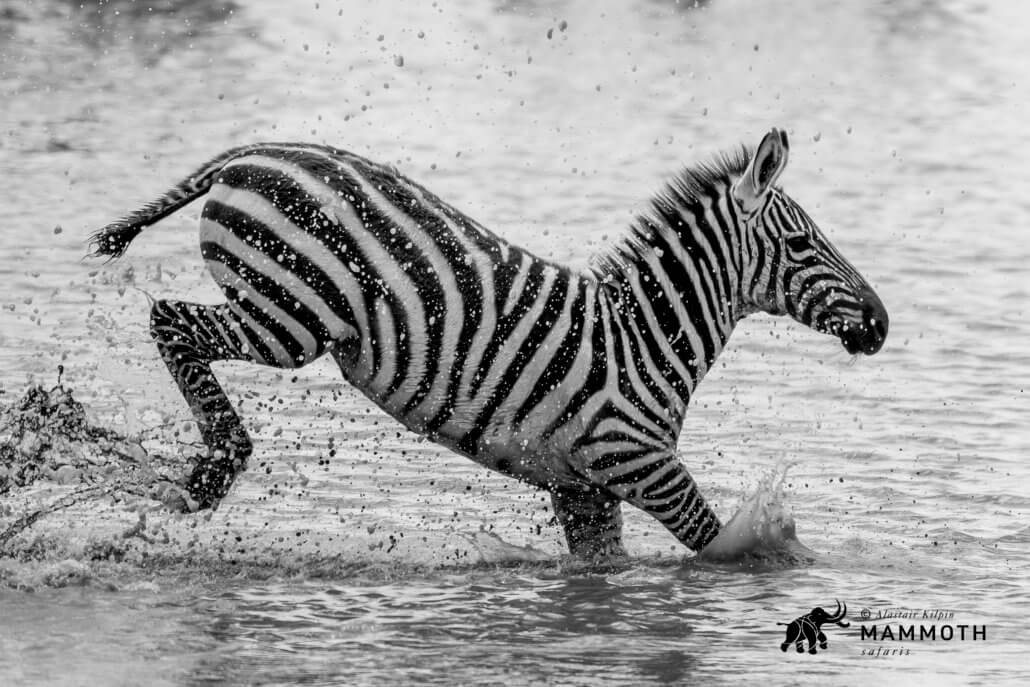
Is a Zebra black with white stripes, or white with black stripes? There are no stupid questions when planning your safari – and even if there are, we have heard them all before, so ask away…
8. PRIVATE GUIDE – yes or no?
For a first safari a private guide may not be thought of as a necessity, but we at Mammoth Safaris may well disagree. The value added by a private guide is significant and this will become more evident the more safaris you do. Private guides always add value – be it in the interpretation of game viewing or the fast-tracking of check ins at the regional airport, private guides simply make life a whole lot easier. Acquiring the services of a private guide is particularly useful when taking a cross-border safari and on safaris where the entire family might need herding. The only reason not to chose a private guide first up would be the budget considerations, as they do add a line item to the cost.
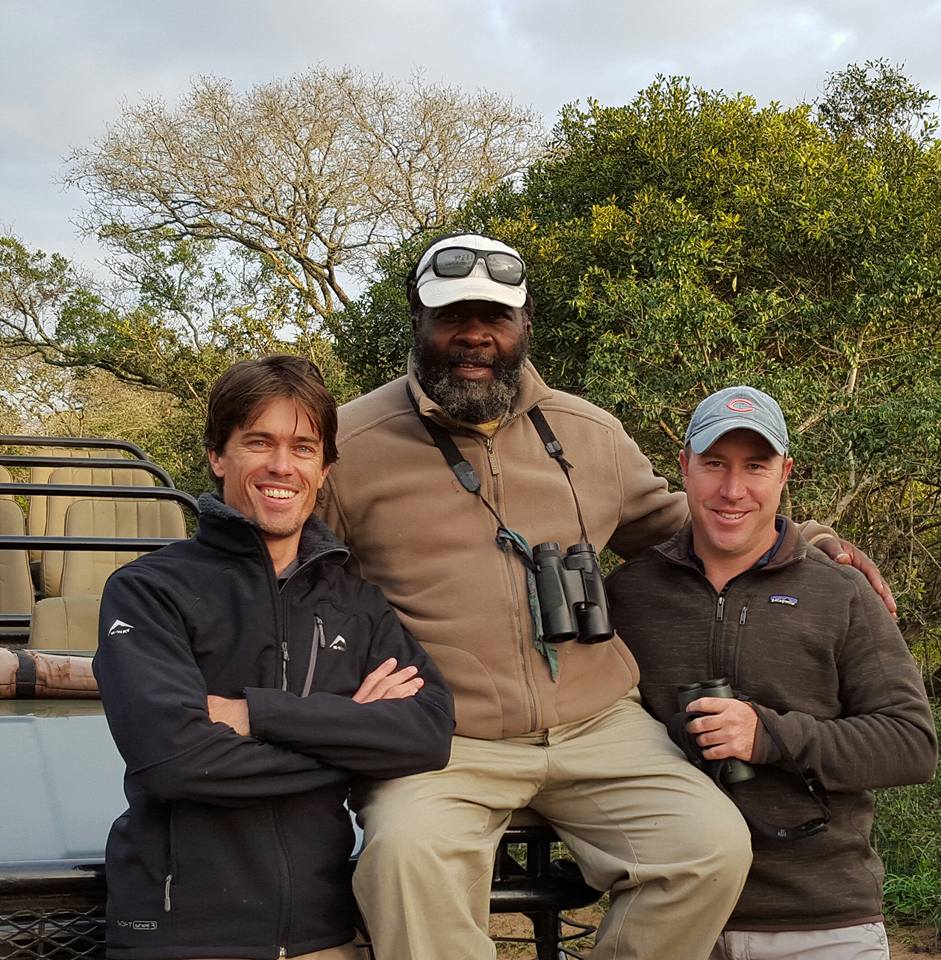
Private guides are able to unlock the entire world of safari and have the potential to turn the ordinary into the extraordinary.
9. PLAN WELL IN ADVANCE
To witness events like the Great Migration (a year round cycle of movement, not a once off happening) takes planning well in advance, but to be fair so does any decent safari. Other factors like seasons, general animal movements, camp closures and local conditions will all come into play in your planning, so rather give yourself enough time to consider your options. In so doing you can be sure that you are getting the best safari offering your hard-earned money can provide.
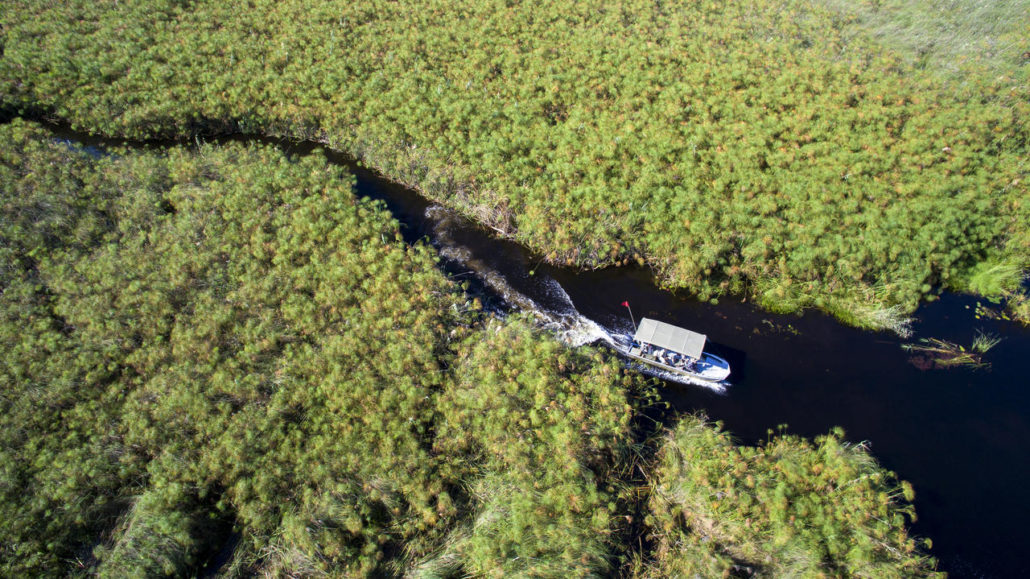
Timing is everything when visiting places like the Okavango Delta, where the flood waters determine the quality and quantity of the game viewing experience. Whilst these events are natural phenomena subject to variation, there is a broad predictability to them, that when understood, can be used to plan a safari most effectively.
10. DON’T WORRY, BE APPY
Gone are the days of lugging the Encyclopaedia Brittanica around to keep one informed and entertained whilst on holiday. If you haven’t already done so, embrace the e-reader and load up your travel guides and resource books.
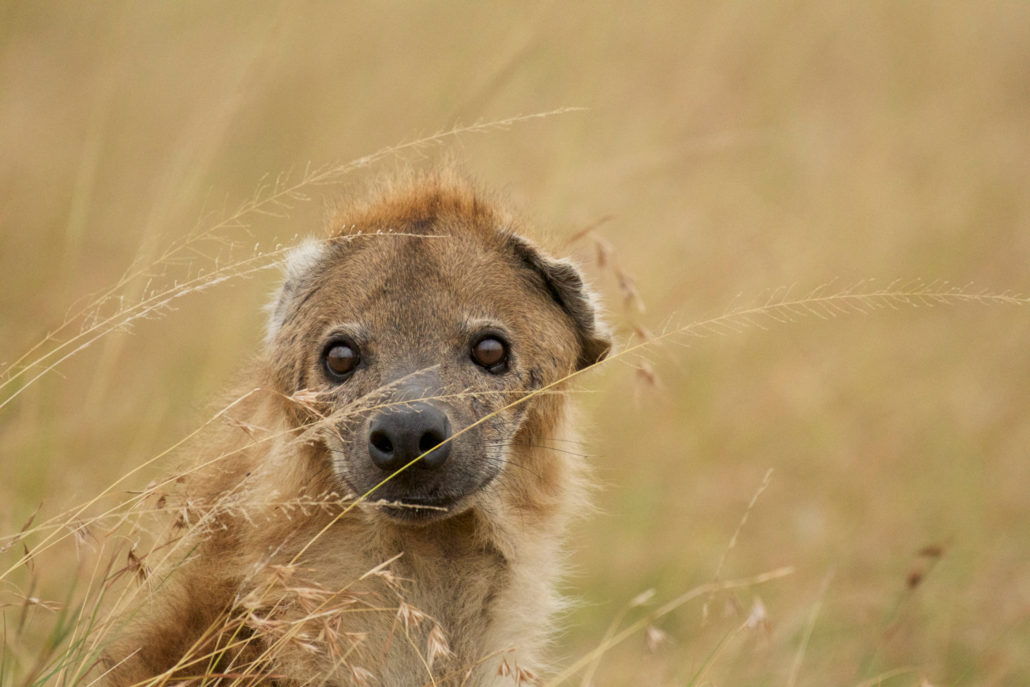
Be sure to “chew the ear off” your safari guide and use them as your reference books. You will be amazed at the wealth of information these individuals are able to supply you with so arrive very curious. For everything else, there are e-books and apps. If you are desperate for a paper novel, there are always books floating around the lodges to satiate that need.
Mammoth Safaris has years and years of experience planning, guiding and making safaris happen…
Contact us now to have us plan your dream first safari (and then all the subsequent safaris, as your first will most certainly not be your last). Please contact a member of our sales team by sending an email to info@mammothsafaris.com and be sure to share as much detail as to your ideal safari with us. Also keep visiting www.mammothsafaris.com for more destinations and journey ideas.

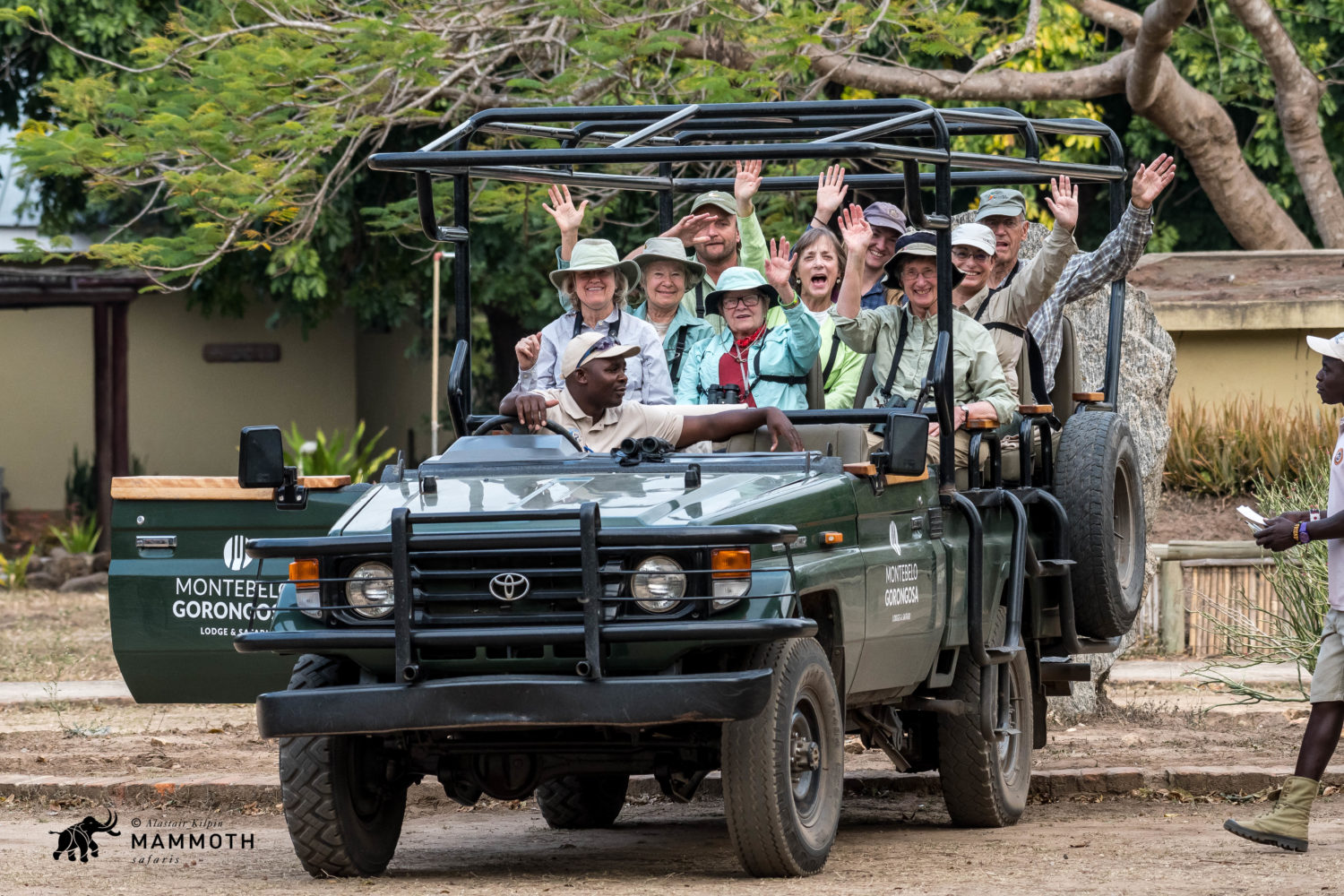


Leave a Reply
Want to join the discussion?Feel free to contribute!